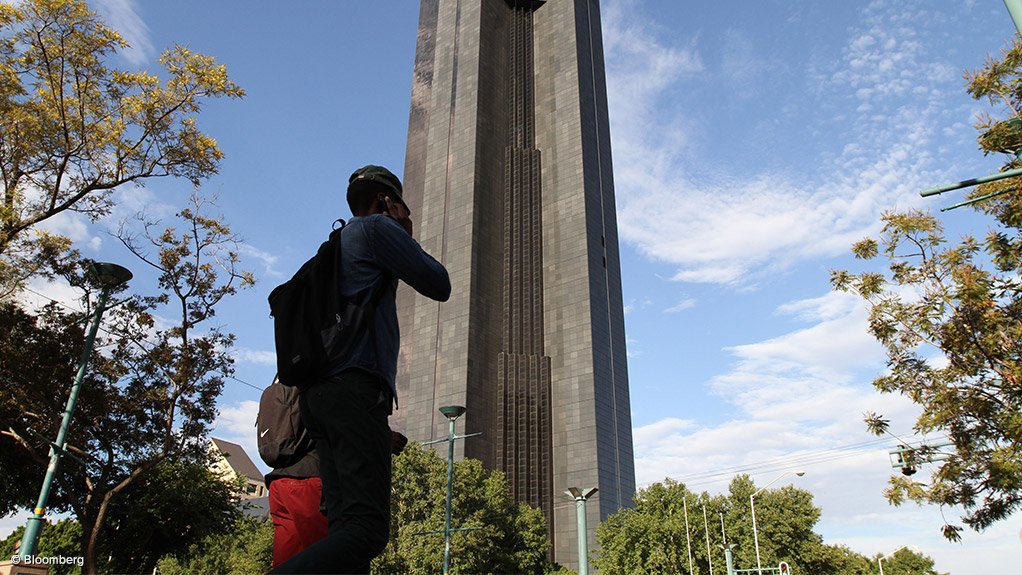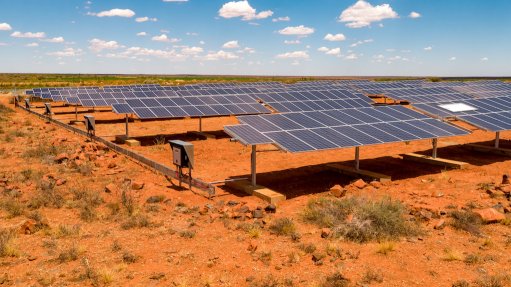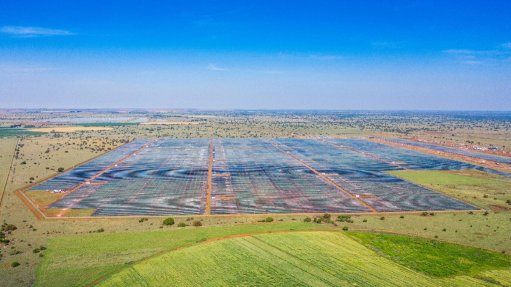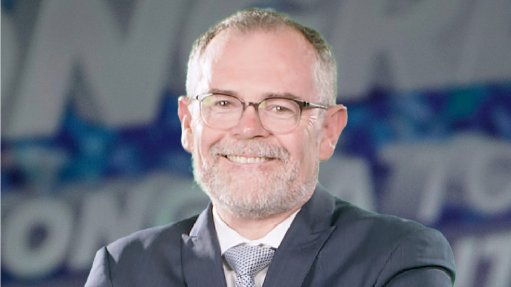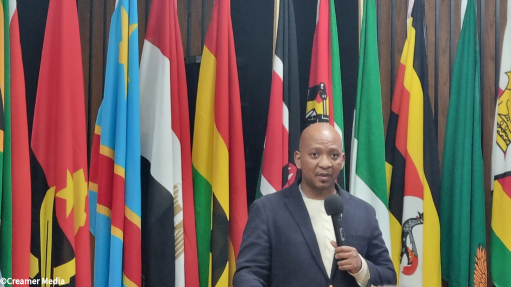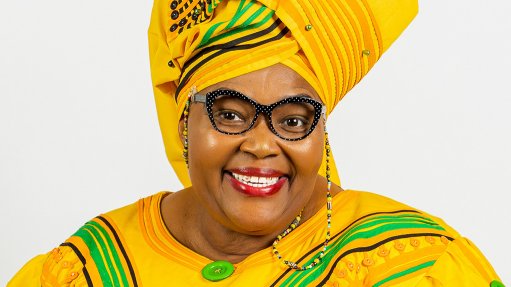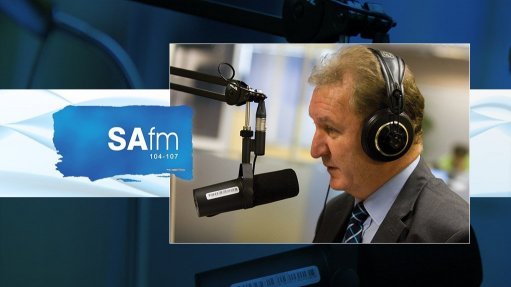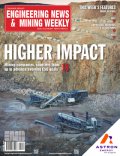BMI sees monetary policy easing globally, but high inflation persists in some regions
In considering the accuracy of the economic and political risk predictions that were made at the end of 2023 for the new year, BMI’s sub-Saharan Africa Country Risk team has found that most of the situations played out as predicted, with two more having partially occurred.
BMI predicted that headline growth globally would accelerate with some underlying challenges persisting. Considering GDP data from the first quarter of the year, global growth has held up well at 2.5%, driven by Asian countries such as India, Vietnam, Mainland China and Japan.
Countries such as Uganda, Tanzania and Angola have also recorded increases in real GDP growth rates in the first quarter, mostly owing to decreasing inflation and monetary policy easing.
BMI expects more rate cuts in the second half of the year, particularly following an anticipated US Federal Reserve rate cut in September.
Although inflation has been on a moderating trend in the majority of sub-Saharan African economies, it remains above historical levels, particularly in Nigeria, which is experiencing a multi-decade-high inflation rate. As such, central banks in the region have adopted a cautious approach this year, with only the central banks of Ghana and Mozambique having reduced their benchmark interest rates.
As BMI predicted, fiscal pressures owing to high interest rates, election spending and wage demands persisted in the first half of the year, however, countries such as Benin, Kenya and Côte I’voire have made a comeback to international capital markets faster than BMI expected.
Meanwhile, exchange rates in sub-Saharan Africa exhibited considerable weakness in the first half of the year, as a result of limited risk appetite among international investors, higher-for-longer interest rates in the US, a subsequent strong dollar and weak capital inflows.
Many political changes in sub-Saharan Africa are also influencing policy certainty in the region, particularly in South Africa, Ghana and Senegal.
This while violence in the Sahel and Democratic Republic of Congo is increasing as peacekeeping missions wind down. Governments in these two regions are struggling with rising security risks.
Country risk associate director Mike Kruiniger says many sub-Saharan African governments increased spending to deal with the economic fallout of Covid-19 and the Ukraine war. Subsequently, fiscal deficits have grown substantially and remain high by historical standards.
He adds the wide fiscal gaps and excessive borrowing have led to high debt burdens and debt servicing costs in the first half of the year for many countries. With some countries having returned to the international capital market to refinance debt, however, it indicates that global financial risks have eased.
SOUTH AFRICA
Sub-Saharan Africa country risk senior analyst Lara Wolfe explains that South Africa’s Cabinet now comprises 32 Ministers, with the African National Congress (ANC) holding 65% of those positions.
She says the markets have welcomed the return of Ministers Enoch Godongwana and Kgosientsho Ramokgopa, but there is uncertainty over Gwede Mantashe’s return as Minister of Minerals and Petroleum Resources given allegations against him and perceived delays in his Ministry processing mining applications.
The bloated nature of the Cabinet, despite previous calls by many stakeholders for a smaller Cabinet, will continue to hinder efforts to reduce South Africa’s very large wage bill, Wolfe states.
She mentions that South Africa now has a Government of National Unity for the first time in decades, which BMI anticipates will remain stable through to the end of the year, however, the parties within the ruling coalition have divergent views on major policies including the National Health Insurance and social spending. BMI expects this to hinder the achievement of high-level commitments that government has made.
Wolfe says the coalition could collapse if there are disputes over key Bills and over the country’s budget, while it may also be influenced if there is a change in the ANC’s leadership in 2027.
Moreover, BMI expects the South African Reserve Bank to shift to looser monetary policy in the second half of the year, starting with rate cuts in September and November. This will lower the burden of debt servicing and encourage more economic activity.
South Africa will still outperform other emerging markets in terms of GDP growth, which will likely only be 1% this year.
Wolfe says several challenges continue to weigh on investor confidence in South Africa, including logistics, aging networks and vandalism, strong labour unions hindering business activity, high unemployment, limited income per capita and slow GDP per capita growth, as well as conflicting ideological stances within the GNU.
Comments
Press Office
Announcements
What's On
Subscribe to improve your user experience...
Option 1 (equivalent of R125 a month):
Receive a weekly copy of Creamer Media's Engineering News & Mining Weekly magazine
(print copy for those in South Africa and e-magazine for those outside of South Africa)
Receive daily email newsletters
Access to full search results
Access archive of magazine back copies
Access to Projects in Progress
Access to ONE Research Report of your choice in PDF format
Option 2 (equivalent of R375 a month):
All benefits from Option 1
PLUS
Access to Creamer Media's Research Channel Africa for ALL Research Reports, in PDF format, on various industrial and mining sectors
including Electricity; Water; Energy Transition; Hydrogen; Roads, Rail and Ports; Coal; Gold; Platinum; Battery Metals; etc.
Already a subscriber?
Forgotten your password?
Receive weekly copy of Creamer Media's Engineering News & Mining Weekly magazine (print copy for those in South Africa and e-magazine for those outside of South Africa)
➕
Recieve daily email newsletters
➕
Access to full search results
➕
Access archive of magazine back copies
➕
Access to Projects in Progress
➕
Access to ONE Research Report of your choice in PDF format
RESEARCH CHANNEL AFRICA
R4500 (equivalent of R375 a month)
SUBSCRIBEAll benefits from Option 1
➕
Access to Creamer Media's Research Channel Africa for ALL Research Reports on various industrial and mining sectors, in PDF format, including on:
Electricity
➕
Water
➕
Energy Transition
➕
Hydrogen
➕
Roads, Rail and Ports
➕
Coal
➕
Gold
➕
Platinum
➕
Battery Metals
➕
etc.
Receive all benefits from Option 1 or Option 2 delivered to numerous people at your company
➕
Multiple User names and Passwords for simultaneous log-ins
➕
Intranet integration access to all in your organisation



